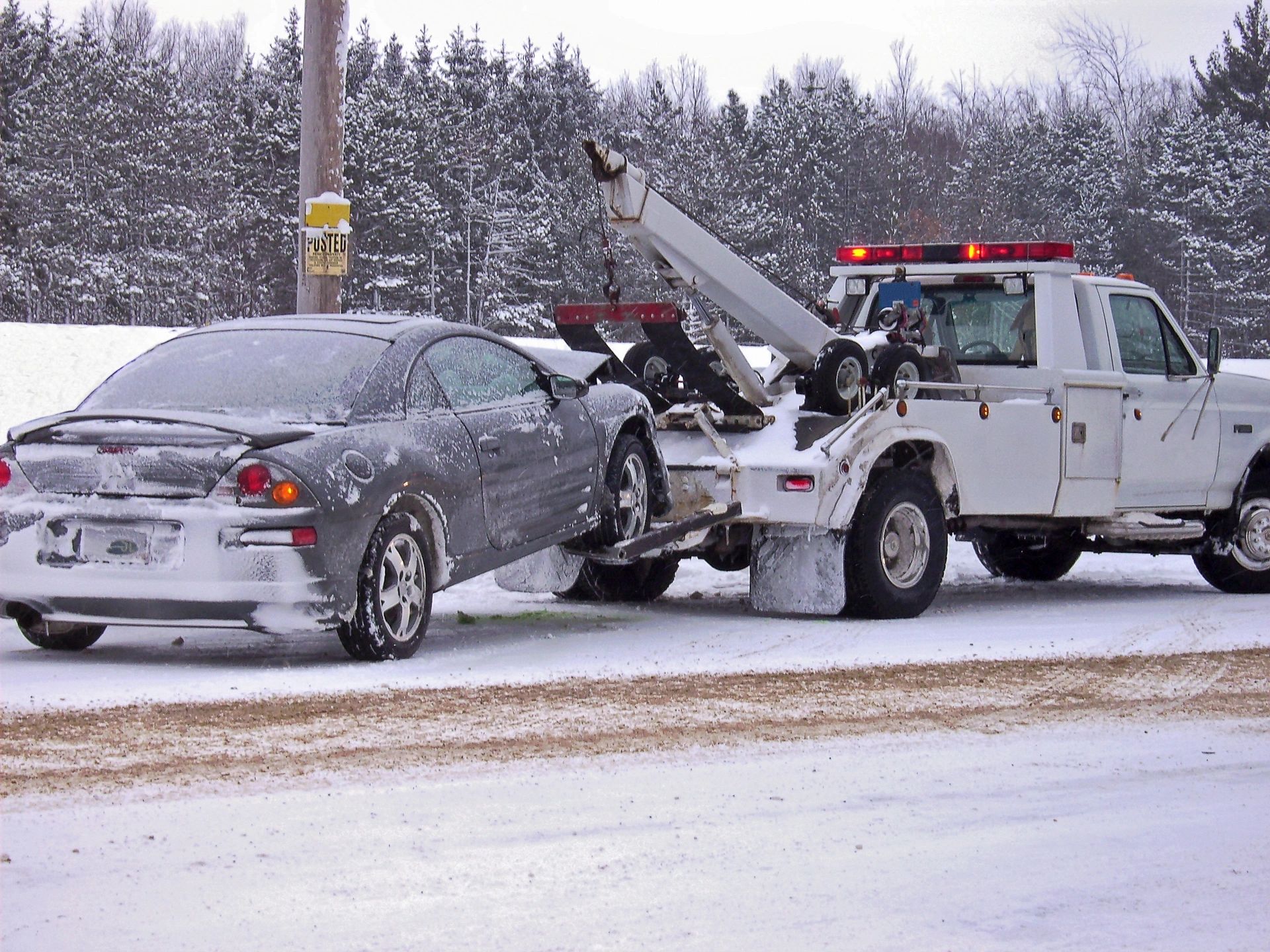The Ontario Provincial Police (OPP) reports a more than 40% increase in fatal collisions caused by distracted driving on the roads it patrols, compared to this time last year.
Primarily responsible for patrolling the province’s highways, the OPP has recorded 296 fatal crashes so far this year. Of these, 63 deaths were attributed to collisions where inattentiveness was the main cause. This marks a sharp rise from mid-October 2023, which saw 287 fatal crashes, with 43 of those linked to distracted driving.
“It’s surprising because I’ve seen the number grow over the years,” said Sgt. Sami Nasr of the OPP Highway Safety Division. He noted that while drivers can be distracted for various reasons, most incidents involve cellphones. “You can use the touch-free features in your vehicle, but you can’t touch your phone while driving,” Nasr added during an interview with CTV News on Saturday.
Distracted driving fines can reach up to $1,000, with a three-day license suspension for a first offence.
Drivers Addicted to ‘Dopamine Hits’: Psychologists
Psychologists suggest that driving has become such a routine task for many that it often fades into the background, while our frequent cellphone use feeds the brain’s craving for dopamine, a chemical associated with pleasure and reward.
“You’d think the need to stay alive would be the priority, but once people master driving, it becomes an automatic task, and they stop focusing on their surroundings,” explained Tony Volk, a psychology professor at Brock University. “The lure of that dopamine hit from checking a message is a habit many drivers are engaged in.”
Jay Olsen, a professor of psychology at the University of Toronto Mississauga, added that the shift in focus from a phone to the road causes a delay in reaction time. “There’s something called a ‘switch cost’ when your attention shifts between tasks,” Olsen said. “So if something unexpected happens on the road, your reaction time is slower to reengage your attention.”


